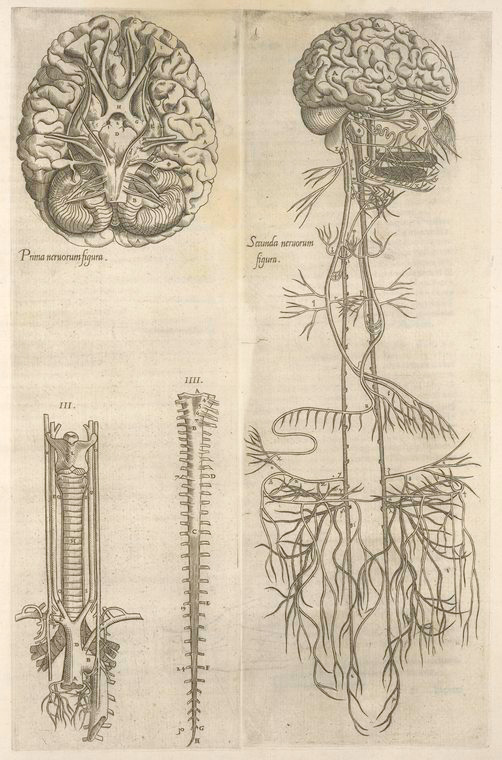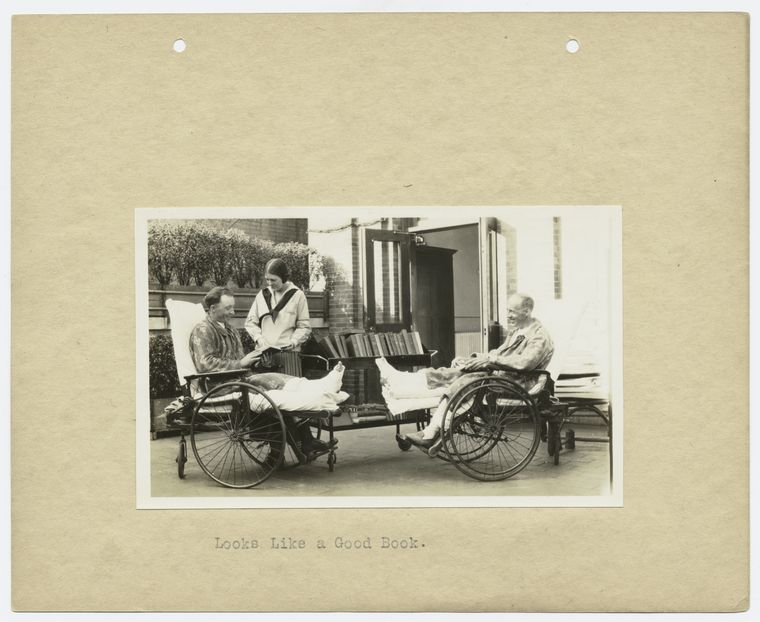Stroke: Medical Information and Social Services
Recently a close family member of mine suffered two strokes. As many already know, knowledge is indeed power. Gaining understanding into the nature and condition of our health, including concepts particular to one's illness can be the best tool in addressing and coping with any medical condition. Knowledge can lead towards empowerment and in finding the pathway to recovery.
An ebook I found useful is: Stroke for Dummies by John R. Marler.

Preventing heart disease and stroke (PDF). CDC, Chronic Disease Prevention, U.S. Department of Health and Human Services.
For more information and references supporting these facts, visit cdc.gov/nccdphp.
Stroke sourcebook : basic consumer health information about ischemic stroke, hemorrhagic stroke, transient ischemic attack, and other forms of brain attack edited by Amy L. Sutton.
Regardless of your medical condition or situation, one free and easy to navigate database is MedlinePlus.
Your hospital's social worker can be a huge help in providing you resources. And of course your local public library can also assist. According to my understanding, the general course of treatment is to assess exactly what kind of stroke(s) you or your loved one has suffered. Once the patient's condition is stable, then a diagnosis, and course of treatment can be made. There is a set "game-plan" and course of treatment, but you'll need to work with your qualified medical team and doctor to determine the best treatment course.
According to MedlinePlus, a "stroke is a medical emergency. Strokes happen when blood flow to your brain stops. Within minutes, brain cells begin to die. There are two kinds of stroke. The more common kind, called ischemic stroke, is caused by a blood clot that blocks or plugs a blood vessel in the brain. The other kind, called hemorrhagic stroke, is caused by a blood vessel that breaks and bleeds into the brain. "Mini-strokes" or transient ischemic attacks (TIAs), occur when the blood supply to the brain is briefly interrupted." One observation that made a strong impression upon me is that strokes can affect people of all ages, I saw a young woman in her mid-thirties that suffered a debilitating stroke. But during the two weeks I was assisting with my family member, I witnessed small instances of progress. So never give up hope, as attitude is the a key to any survial situation.
Symptoms of stroke are
- Sudden numbness or weakness of the face, arm or leg (especially on one side of the body)
- Sudden confusion, trouble speaking or understanding speech
- Sudden trouble seeing in one or both eyes
- Sudden trouble walking, dizziness, loss of balance or coordination
- Sudden severe headache with no known cause
In fact several of the nursing staff told me that recovery and rehabilitation in the first four months is critical, and it can take up to a year or more for one's condition to stablize. The brain has an amazing capacity for something called "plasticity."
Stronger after stroke: Your Roadmap to Recovery by Peter G. Levine
More titles on Stroke Recovery
Sometimes, depending upon the serverity of the stroke, you or your loved one may require a transition from rehabilitation to long-term care. Whether that care is at home or a facility is a personal and finanical decision. Speaking from my experience, I found that the social worker or service coordinator can give you a short list of qualified facilities.
Doing your research in terms of searching for a suitable facility and investigating any infractions or complaints is very important. However, visiting and observing the facility, or as I call it "boots on the ground" research can assist you in determining the manner of care and staffing of the facility. I suggest visiting the facility more than once and at different times of the day. Doing your research will help in determining a course of action that will provide you and your loved-one peace of mind. Also consulting sources, such as the U.S. News & World Report site can assist you in making a general assessment.

Other Sources
Family reference guide to nursing home abuse and neglect: what every family member should know when placing a loved one in a nursing home or long-term care facility: how to protect your loved one by Douglas O. Crewse.
You and your aging parents: guide to legal, financial, and health care issues. The American Bar Association
Gale Directory of Associations can assist you in finding organizations such as: National Stroke Association
Of course you'll need to consult trained medical personnel, i.e., doctors and nurses, no librarian is qualified to render medical care. However a qualified librarian can always assist you in research and help in reviewing resources that provide one with a frame of reference in asking the right questions and discovering the key concepts in relation to health and locating suitable medical care and treatment.
And you can always visit your local public library to begin that quest.
If you don't like the future you see, build one in its place, and if you don't see a title in our catalog, please suggest it.
Read E-Books with SimplyE
 With your library card, it's easier than ever to choose from more than 300,000 e-books on SimplyE, The New York Public Library's free e-reader app. Gain access to digital resources for all ages, including e-books, audiobooks, databases, and more.
With your library card, it's easier than ever to choose from more than 300,000 e-books on SimplyE, The New York Public Library's free e-reader app. Gain access to digital resources for all ages, including e-books, audiobooks, databases, and more.
If you don’t have an NYPL library card, New York State residents can apply for a digital card online or through SimplyE (available on the App Store or Google Play).
Need more help? Read our guide to using SimplyE.
Comments
very informative blog. Thank
Submitted by Kevin Mineer (not verified) on April 4, 2014 - 2:16pm